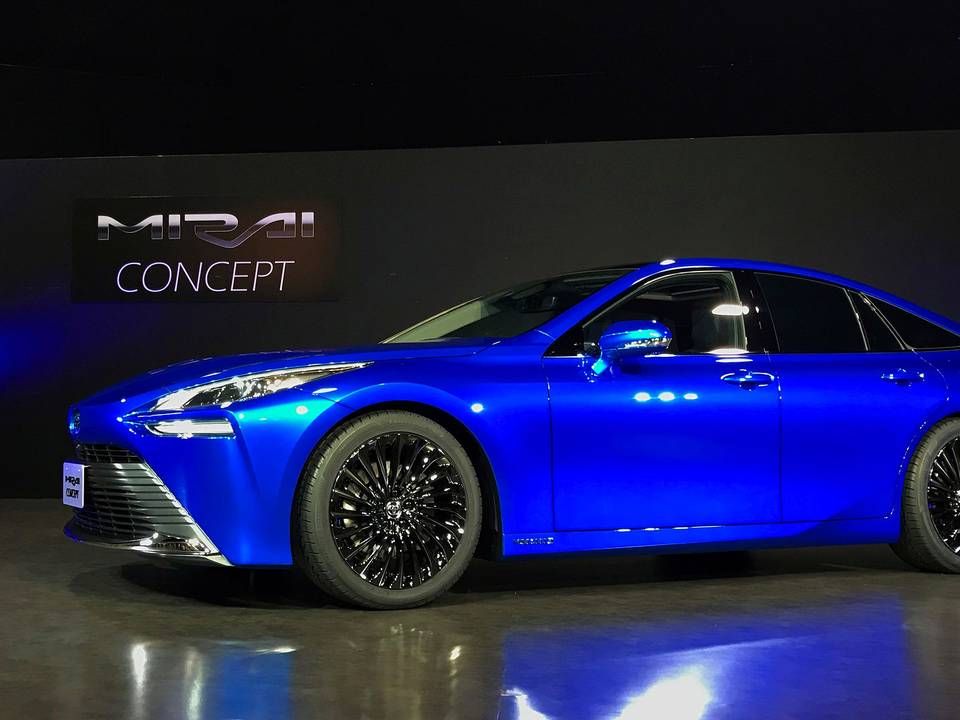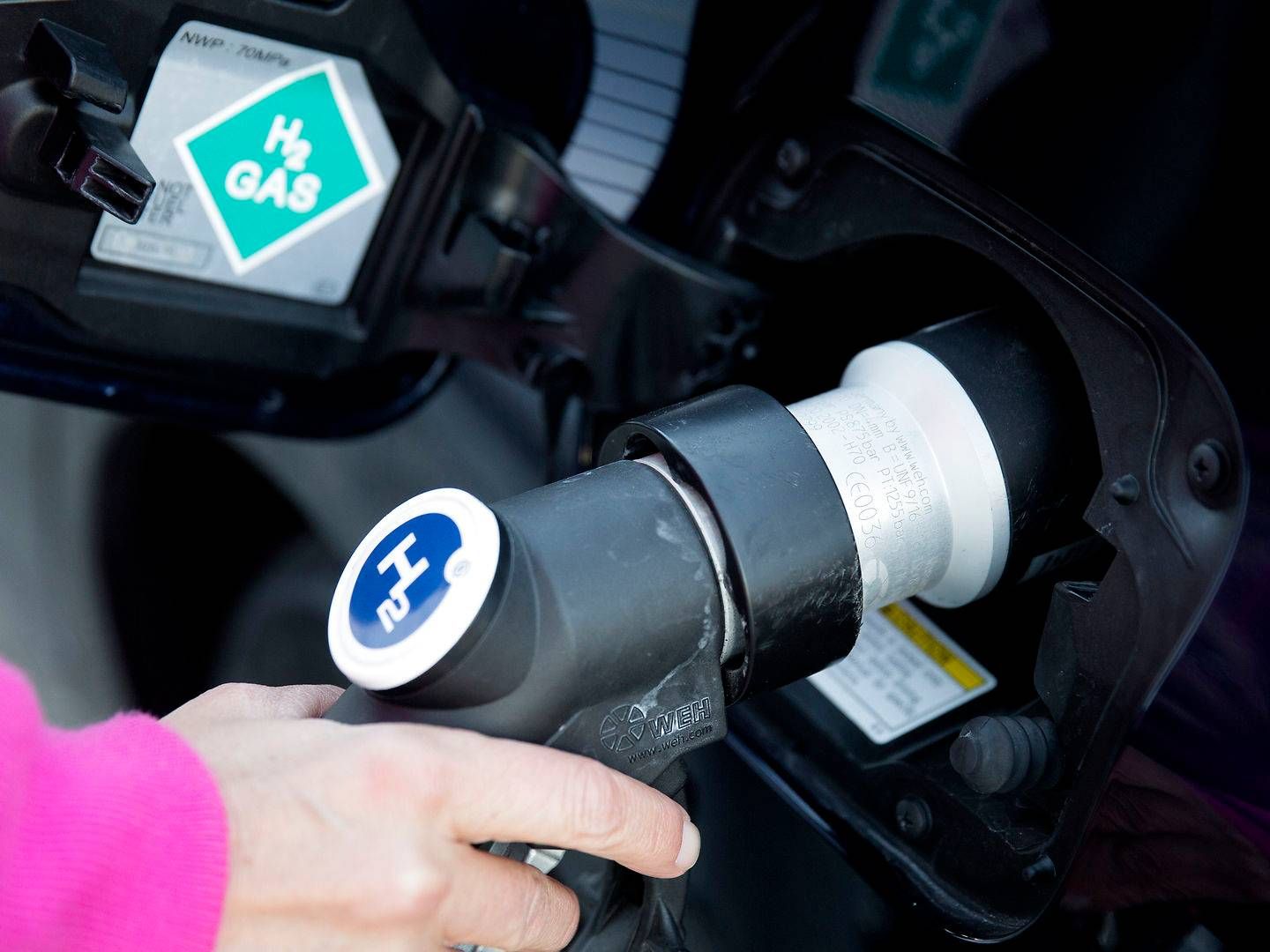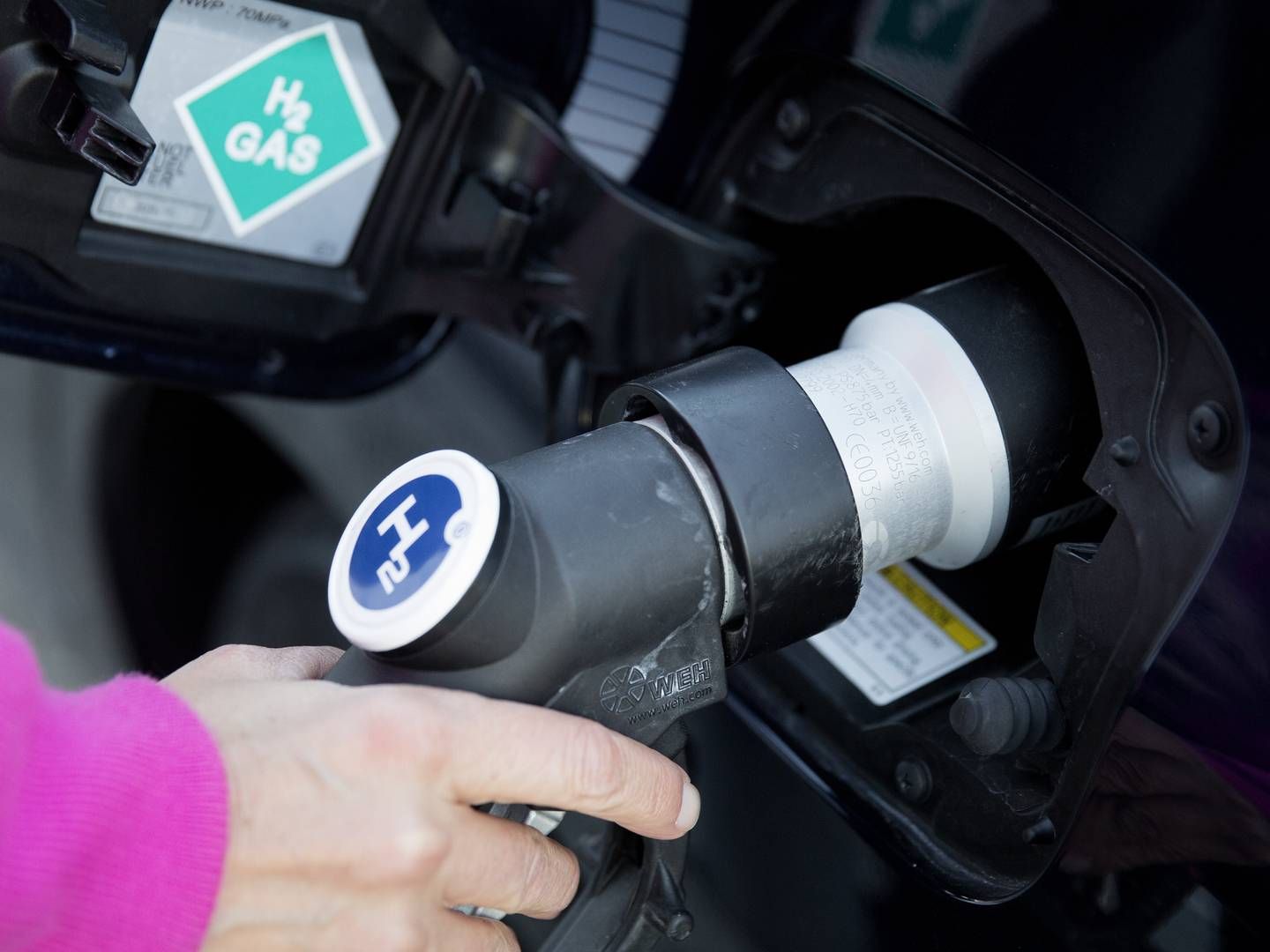Business case hydrogen: Cars are a blind alley

The notion of hydrogen as a energy-bearing medium is almost 200 years old. The effect that takes place in a fuel cell was discovered by Swiss chemist Christian Friedrich Schoenbein in 1838.
Hydrogen has since had a varied history, but one thing has been clear for many years: Hydrogen has enormous potential and could play a key role in a future beyond fossil fuels. Another thing is also clear: Major breakthroughs have not yet occurred.
In 2003, former US President George W. Bush announced in his State of the Union address that the development of commercial hydrogen cars would be supported by USD 1.2 billion. He relayed as much with the now quite famous claim that "the first car driven by a child born today could be powered by hydrogen, and pollution-free."
Bush's prediction didn't pan out. Only a fraction of the children born in 2003 can expect to sit behind the wheel of a hydrogen car. Today, the US' car fleet totals to 269 million, only 6,558 of which are powered by H2 – corresponding to 0.002 percent.
The proportion of hydrogen models in Denmark is practically identical. According to Esben Hegnsholt, managing director of Boston Consulting Group's Danish division, personal cars are not the area where hydrogen can make a difference, despite many years of attention.
"Investing in hydrogen and fuel cells for light personal transportation is not an optimal path to decarbonization, neither for tax payers nor for businesses. There might be nations, Japan for instance, that support the development for reasons of commercial policy, but such aid should be given with open eyes and through the acknowledgment that funding could be used more effectively elsewhere. The technical-economic perspective is that hydrogen transportation is a blind alley, whereas it seems more promising for semi-trucks and other forms of heavy transit," Hegnsholt says.
We should talk about hydrogen
Hegnsholt is responsible for the consultancy firm's work with the global energy transition, and he underlines that, historically, the development of hydrogen technologies has not received adequate focus. This ought to change.
"Hydrogen has been hot several times over, but the situation is different now. Declining prices on the technology, far cheaper green electricity and the scope of ambitions for decarbonization mean that now is the time to further accelerate development. We are able to state that, in a structural sense, the time has never been more favorable for hydrogen than at present," says Hegnsholt, who emphasizes the importance of a narrow focus:
"We must focus on application areas where hydrogen makes sense, because if we spread our efforts too thin, we won't get very much out of it."
In step with solar and wind power and, not least, the seven-mile strides taken in the development of lithium-ion batteries, hydrogen technologies have been somewhat sidelined in the southern Scandinavian country.
"However, with one of the world's most ambitious decarbonization targets, we must also talk about hydrogen in Denmark. Because when we look at our global analyses, we can see that achieving the goals of the Paris Climate Accord is feasible with existing technologies, but we still don't know how to manage the remaining one third. Hydrogen must be a part of that solution. It can't be any different," Hegsholt says.
Hydrogen's kaleidoscope
Hegnsholt's general rule for assessing business cases is that, if an area can be electrified, it should be. Doing otherwise basically will not pay off. This is also his reason for not expecting hydrogen cars to become a dominant in future personal transportation, as electric models appear on all measures to be more competitive.
Hydrogen's best chance of success is in applications where it is the only option.
"There are, of course, country-specific conditions, but we at Boston Consulting Group can generally say that we like business cases where basic competitiveness is in place in and of the fact that other alternatives for decarbonization don't exist," Hegnsholt says.
The shining example can be found in industrial processes that already use the gas. Here, gray or black hydrogen can with relative simplicity be substituted with the blue or green variety.
Hegnsholt points to the processing of metals, particularly steel, as well as production of ammonia for fertilizer. In these areas, carbon taxes would create a business case for green hydrogen already today.
"In the longer term, we must talk about heavy transport. For light personal transit, the technical-economic view is that direct electrification is by far the most energy-efficient method, but regarding heavy transport such as semi-trucks and later on ships and airplanes? The jury is still out," Hegnsholt says.
Liquid electricity
In the longer term, electrofuels could be come a competitive option for heavy transport vehicles like plane and ships. Electrofuels, produced from renewable energy sent through electrolysis and then combined in chemical synthesis with captured CO2, can be used directly in existing internal combustion engines.
This is also a factor behind, for example, the liquid fuel industry's favorable view of electrofuels. There are all of the carbon-offsetting advantages of electricity without the need to replace infrastructure, and today's range of capabilities could be maintained.
This provides an enormous advantage, Hegnsholt says, who points out, however, that the technology is still so immature that a horizon of 10-15 years would be realistic before electrofuels become a viable option for decarbonization. Only a handful of electrofuel production facilities exist at the moment, and none of these produce in large scales.
The snapshot presented two weeks ago by researchers Ilkka Hannula and David Reiner from the VTT Technical Research Centre of Finland and the British Cambridge Judge Business School illustrates that electrofuels still have a long way to go before becoming competitive. According to their overview, electrofuels are currently 5-10 times more expensive than fossil fuels.
The remaining percentage
Hegnsholt's run-through of business cases for hydrogen locates multiple areas in which the technology's relevance stands in sharp contrast to how things are often discussed both in industrial and political circles.
"For example, one of the frequent debates in the sector involves how to balance our electric grid load in step with wind and solar starting to dominate. In this case, hydrogen could play a role in the form of energy storage, but there are other options where you get more value for money. This could be relevant for countries that are very far along in decarbonization, such as where Denmark will be in 2030. But hydrogen as a form of energy storage is predominantly a last-mile technology for squeezing the last remaining percentage for decarbonization out of the energy sector," Hegnsholt says.
English Edit: Daniel Frank Christensen
Toyota sends new hydrogen model into clean car market
Hydrogen's plunging price boosts role as climate solution
China's hydrogen capacity has grown sixfold in 2019
Siemens enters 5GW hydrogen project
Ørsted enters UK hydrogen endeavor
Swedish hydrogen project injected with millions
Related articles
Hydrogen's plunging price boosts role as climate solution
For subscribers
China's hydrogen capacity has grown sixfold in 2019
For subscribers


















.jpg&w=384&q=75)






